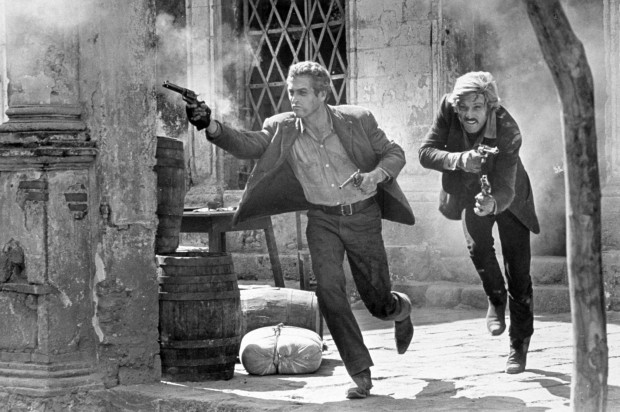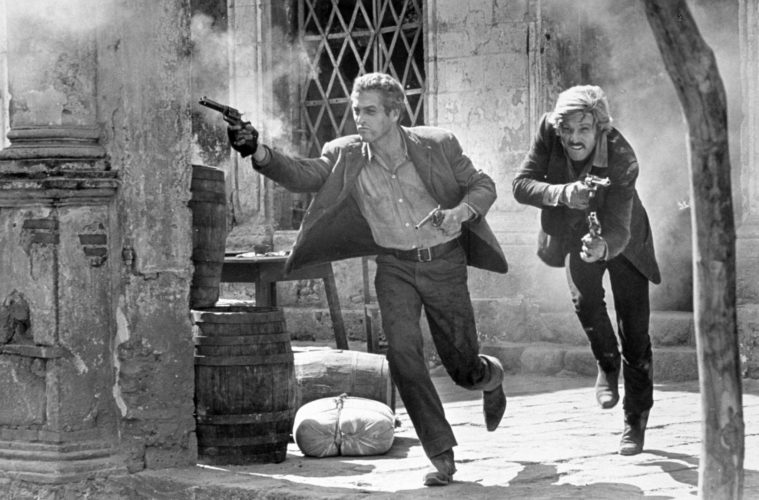
Dailies is a round-up of essential film writing, news bits, and other highlights from across the Internet. If you’d like to submit a piece for consideration, get in touch with us in the comments below or on Twitter at @TheFilmStage.
Martin Scorsese will produce a documentary on The Grateful Dead, directed by Amir Bar-Lev, Deadline reports.
Speaking of the director, Reverse Short‘s symposium on his films continues with The Departed, Shutter Island, The Aviator, and more:
In Scorsese’s movies, the main character is time and again faced with the dilemma, “Why am I what I say I am?” These men go forth to prove their souls without any guarantee. This is not necessarily a matter of deception or even self-deception. It means there is no clear confirmation for how one has decided to be in the world, and that decision is not always one’s own. This resonates across The King of Comedy, The Color of Money, Goodfellas, No Direction Home, Shutter Island, and The Wolf of Wall Street. The “Are you talking to me?” scene in Taxi Driver and the “I could’ve been a contender” recital in Raging Bull are just the most famous versions of this impersonation of the self.
At Criterion, Alex Ross Perry lists his top 10 titles in the collection:
“I have been collecting Criterion Collection DVDs almost as long as I have owned a DVD player,” writes Alex Ross Perry, the director of Impolex (2009), The Color Wheel (2011), and Listen Up Philip (2014). “These are not my top ten favorite films in the Criterion Collection but my top ten favorite Criterion Collection DVD purchases. This is virtually impossible. My entire apartment has pockets of Criterion DVDs everywhere, and I am forced to just go with my gut and pick ten that shaped my ideas of cinema, meant a lot to me, and I can’t imagine not owning and having access to whenever I desire.”
Watch a 30-minute documentary on the making of Butch Cassidy and the Sundance Kid:
At Flavorwire, Alison Nastasi highlights 50 must-see horror films from women directors:
Genre filmmaking has a reputation as a man’s field. That goes for audiences as well as filmmakers. To the novice, it’s easy to see why. For a long time women’s bodies have been used to titillate male adolescent horror fans — shrieking, squirming, disposable ciphers. Academic studies of gender and horror cinema such as Carol J. Clover’s 1992 book Men, Women, and Chain Saws and female-fronted films changed the landscape of the genre, proving women could terrify audiences just like men, and that women were watching — but also craving stories they could relate to. The popularity of horror heroines like Ripley in Ridley Scott’s Alien proves the need for women who aren’t simply victims. But there’s room for all types of narratives and characters for, about, and by women — including the Freddies, Jasons, and Michael Myers of the world. Here, we discuss 50 horror films directed by women that feature a range of tropes and ideas. In our current cinematic climate, where only five percent of studio releases have a woman behind the camera, we hope you’ll support more women making movies that scare the hell out of you.
At Film School Rejects, Rob Hunter reviews the Steven Spielberg horror film you can’t see at home:
Director Steven Spielberg struck ratings gold with his 1971 Movie of the Week, Duel, and the film is still regarded today as one of the best TV movies ever made. It certainly jump-started his career which until that point consisted of him being a journeyman director for TV shows like Columbo and Night Gallery. Most people would be forgiven for thinking he moved straight from Duel to Jaws while others know that his big screen debut, The Sugarland Express, predates the shark movie by a year. But relatively few seem to realize he made a second TV movie in the early ’70s — about an innocent family and a house with demonic intentions — because for some reason it’s never before been released on any home video format.
At The Dissolve, Mike D’Angelo on the clear career path laid out by David Lynch’s pre-Eraserhead shorts:
No masterpiece arrives completely out of nowhere. People like to point to Orson Welles as an example of someone who set the world on fire with his first film, but Welles had made his reputation as a creative genius, both in the theater and on the radio, before he exposed the first frame of Citizen Kane. Steven Spielberg spent years shooting 8mm movies in his backyard before breaking into the business. David Fincher, like many other directors who arrived in the 1990s, cut his teeth on music videos. (And the Alien franchise.) The details vary, but rest assured that a lot of gruntwork and experimentation has preceded anything capable of inspiring awe, whether or not the public ever sees the fruits of that labor.

